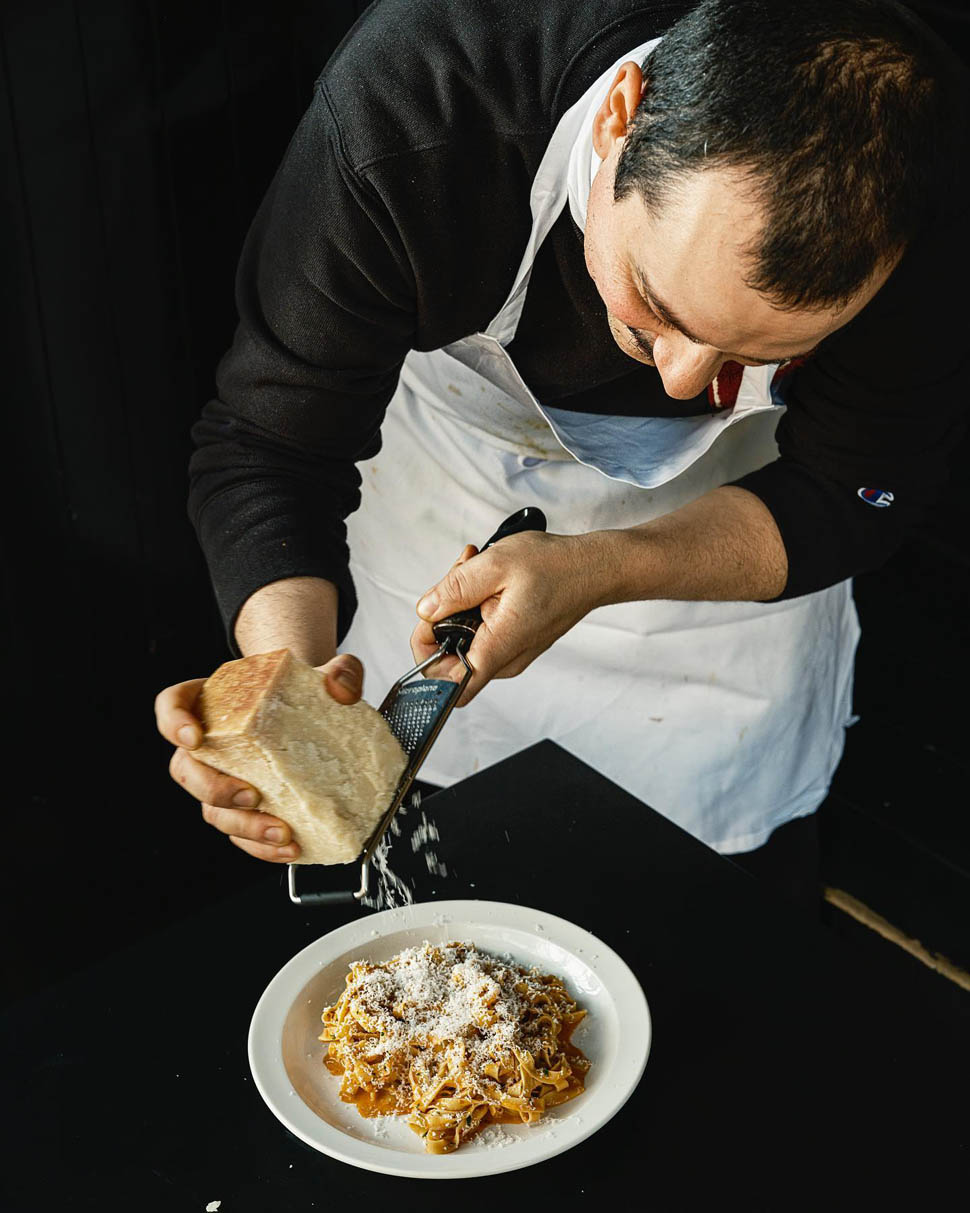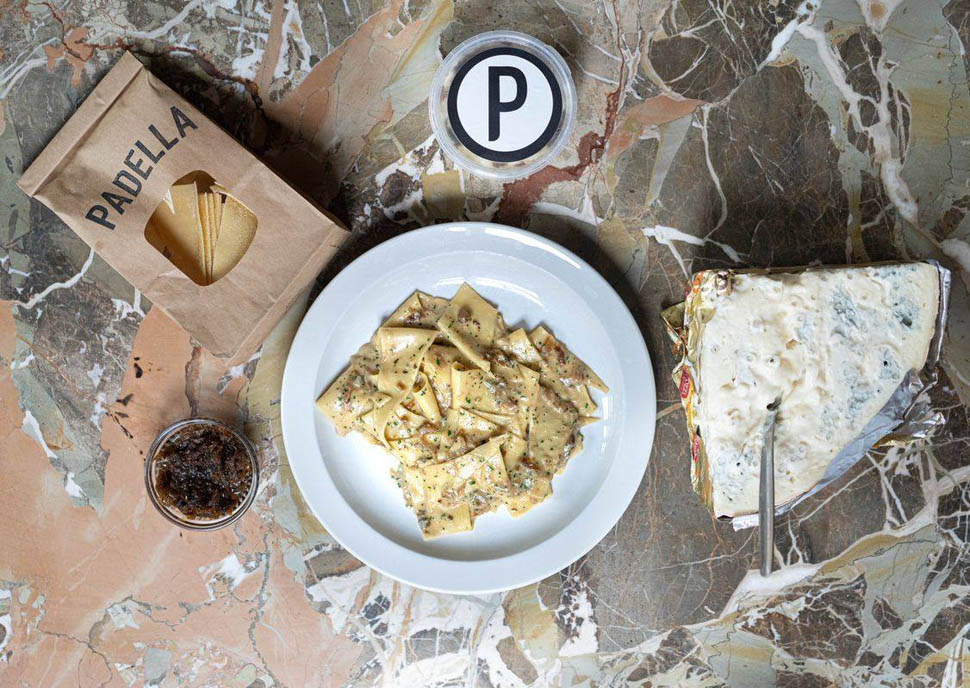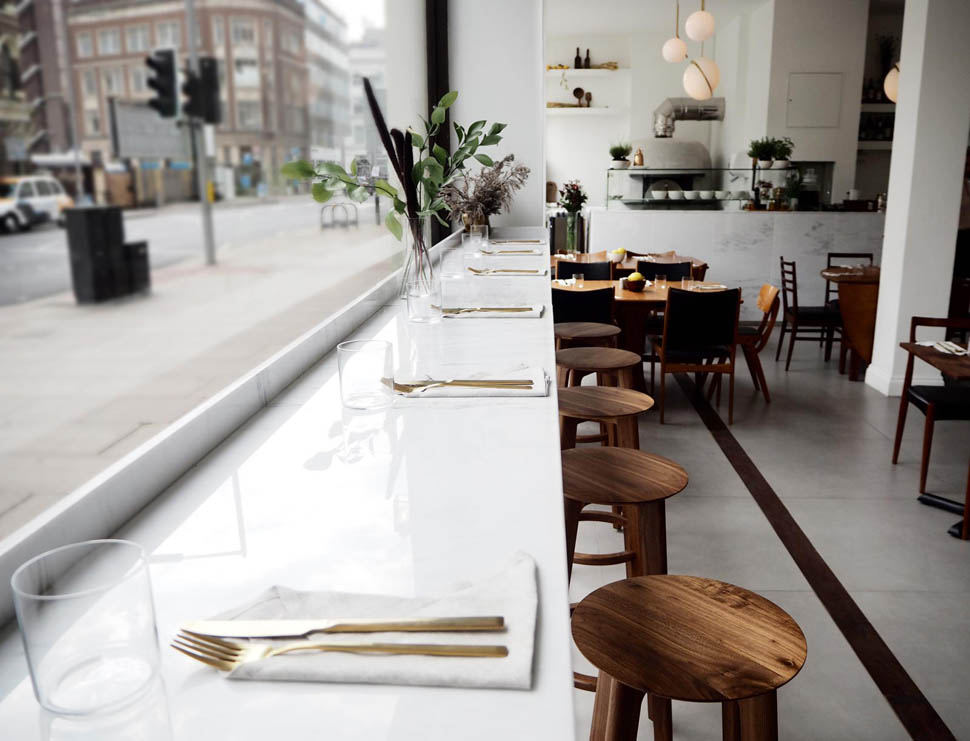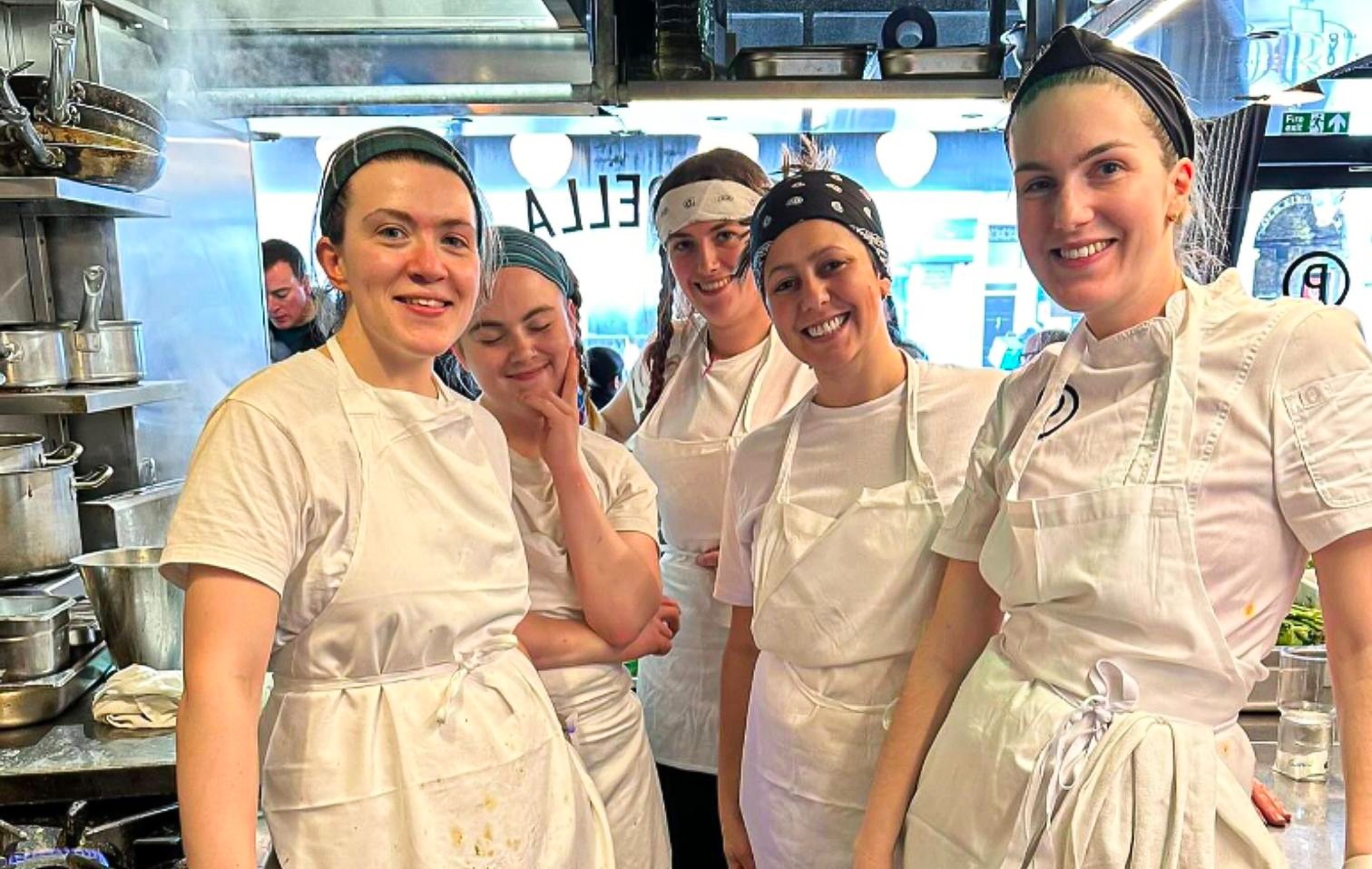The exponential consequences of Brexit on staff shortages: From the UK come stories from restaurant owners struggling with staffing crisis. What do many of them want? "Italian chefs and waitstaff."
On the cover Padella Pasta's staff- photo from Instagram
The news
In recent years—especially after COVID—the difficulty of recruiting qualified staff has become a global issue for the entire hospitality sector, and in the British capital, Brexit has only made it worse. In London, the majority of kitchen and waitstaff have traditionally come from abroad. The first to raise the alarm about the impact of Brexit on the restaurant industry were the owners of many Italian establishments across the UK, who view having staff from the country whose cuisine they celebrate as an added value.

"In recent years, the number of people from the rest of Europe seeking work in London has plummeted. They can't come here to work anymore. For me, it's been hard to hire team members. I haven't been able to hire any Italians since I started working here. As of today, all our waitstaff are young British people. It might not be politically correct to say it, but they're not as good as the Italians and Spaniards used to be. The Brits all live with their parents, so they don't have to find housing or need the same salary, and they have no passion for this job. Many people who left during COVID couldn't come back. It's a real shame. I used to enjoy working with so many different people from around the world and from different backgrounds," Nicola Mewitt, who has been the manager of Padella restaurant on Borough High Street for a year, told MailOnline.


For a long time, many young Italians saw the United Kingdom as an opportunity to learn English and work in restaurants that showcase the cuisine of their home country. But Brexit has changed everything. Today, foreign workers must earn at least £38,700 to get a work visa. This salary is unaffordable for many businesses in the sector, and that's before accounting for the high administrative costs of obtaining a work visa. Domenico Quintiero—originally from the Amalfi Coast, in London for twelve years, and now the Operations Manager at 'O ver in Southwark—highlights the critical nature of the situation. He also believes in the importance of having Italian staff both in the front and back of the house to offer a truly "Made in Italy" experience.

Despite his restaurant's relatively privileged position, he says: “We have sponsorship, so we're still able to find staff, but it's very difficult. We have a lot of Italian staff, but it's not enough. It's much harder to hire as many Italians as before. For us, it's crucial to have a team that knows the products we use. I'm open to hiring people of all nationalities, but most don't understand what buffalo mozzarella is if they've never tasted it and have never been to Campania.”

Despite numerous protests, there doesn't seem to be any solution in sight for this persistent problem. Current estimates suggest that the 120,000 vacancies in the British hospitality sector are set to grow significantly in the near future.











